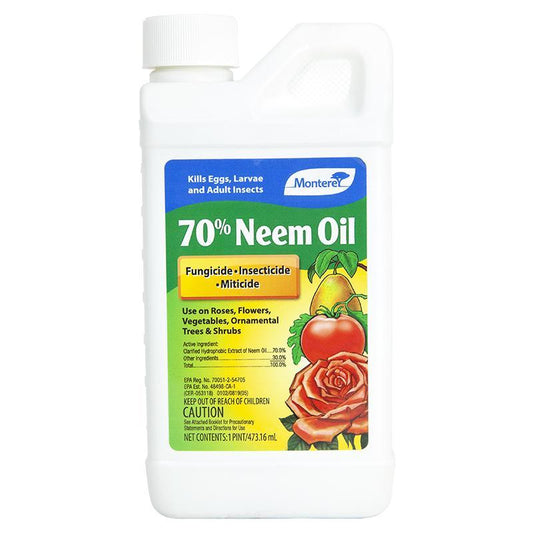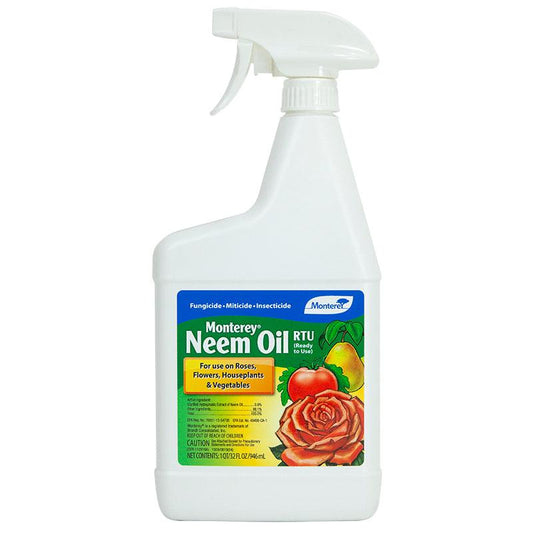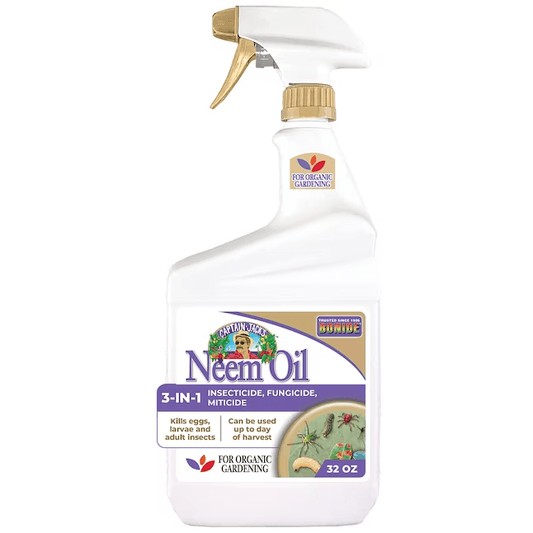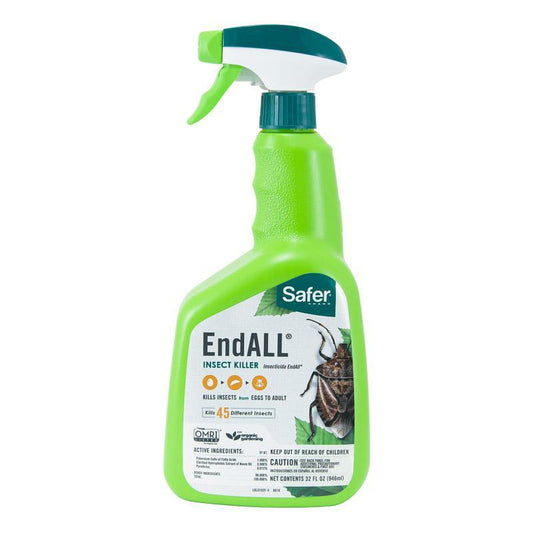Neem Oil: Nature's Pest Repellent
Neem oil, derived from the seeds of the neem tree (Azadirachta indica), is a powerful, cold-pressed natural substance known for its effectiveness in pest control and agricultural uses. Organic neem oil for plants provides an eco-friendly, versatile alternative to synthetic pesticides. Whether you're looking for neem oil for sale or seeking a natural solution for your garden, cold-pressed neem oil offers an effective way to protect and nourish your plants.
The Power of Neem Oil Against Pests
Neem oil serves as a powerful tool in the arsenal against pests, including insects like aphids, mites, caterpillars, and more. Its active compounds disrupt the life cycle of pests, affecting their feeding, growth, and reproduction, ultimately deterring them from infesting plants and crops. This natural repellent is favored for its ability to control pests without harming beneficial insects like bees and butterflies, preserving the ecological balance in gardens and farms.
How Does Neem Oil Work?
The effectiveness of neem oil lies in its complex composition, notably containing azadirachtin, a compound that disrupts insect growth and acts as a deterrent for feeding. When pests come into contact with neem oil, it interrupts their hormonal balance, impeding their ability to molt and grow, thereby limiting their population and damaging effects on plants.
Utilizing Pressed Neem Oil
Pressed neem oil, extracted from neem seeds, is a concentrated form used in various applications. This raw oil retains the beneficial compounds present in the neem seeds, making it an effective natural insecticide. It's important to note that the potency of pressed neem oil can vary, and dilution with water or other carrier oils may be necessary for specific uses.
Neem oil is effective against various pests including:
- Aphids: Neem oil disrupts their feeding and reproductive cycle, reducing their population.
- Mites: It acts as a repellent against spider mites and other mite species that infest plants.
- Caterpillars: Neem oil affects the growth and development of caterpillars, deterring their presence.
- Mealybugs: It disrupts the life cycle of mealybugs, preventing them from damaging plants.
- Whiteflies: Neem oil creates an unfavorable environment for whiteflies, reducing their numbers on plants.
- Beetles: Some beetle species, like leaf beetles and flea beetles, are deterred by neem oil.
Application of Neem Oil in Pest Control
Applying neem oil requires diligence and proper techniques for optimal effectiveness:
Foliar Spray: Diluted neem oil can be applied as a foliar spray directly on plant leaves, ensuring coverage on both sides. This method acts as a deterrent for pests while also protecting against fungal diseases.
Soil Drench: By incorporating neem oil into the soil, its properties can deter soil-dwelling pests and disrupt the life cycles of larvae and eggs present in the soil.
Timing and Frequency: Regular application of neem oil is crucial, especially during the early stages of pest infestation or as a preventive measure. Apply neem oil in the early morning or late afternoon to help avoid harming beneficial insects due to reduced sun intensity.
Precautions and Considerations
While neem oil is a natural solution, some precautions should be taken:
Sensitive Plants: Certain plants may react to neem oil, so it's advisable to perform a patch test or use a diluted solution before widespread application.
Bees and Butterflies: While neem oil is generally considered safe for beneficial insects like bees and butterflies, it's recommended to apply it when these insects are less active to minimize any potential contact.
Residual Effects: Neem oil breaks down rapidly in sunlight, reducing the risk of residual effects. However, reapplication after rain or heavy irrigation might be necessary.
Environmental Impact and Sustainability
The eco-friendly nature of neem oil has made it an attractive alternative to synthetic pesticides. Its biodegradable properties minimize adverse effects on the environment, soil, and water sources, promoting sustainable agricultural practices.
Neem Oil in Organic Agriculture
The increasing demand for organic and sustainable farming practices has led to the widespread adoption of neem oil. Its natural origin and effectiveness against pests make it a preferred choice for organic growers, aligning with principles of eco-conscious agriculture.
Harnessing Nature's Defense
Neem oil, with its multifaceted benefits and ability to control pests while maintaining ecological balance, stands as a testament to nature's inherent solutions. Its application in pest control, respect for beneficial insects, and minimal environmental impact highlight its significance in promoting sustainable agriculture and a healthier ecosystem. As awareness of eco-friendly solutions grows, neem oil continues to be a cornerstone in the quest for natural, effective pest management.







